The “Proclamation of Rebellion” from August 23, 1775, was officially titled “A Proclamation for Suppressing Rebellion and Sedition” and was the response of George III of Great Britain to the news of the “Battle of Bunker Hill” at the start of the American Revolutionary War.
It declared elements of the American colonies in a state of “open and avowed rebellion.” It ordered officials of the British Empire “to use their utmost endeavors to withstand and suppress such rebellion.”
The Proclamation encouraged subjects throughout the Empire, including those in Great Britain, to report anyone carrying on “traitorous correspondence” with the rebels so that they could be punished.
In 1775, the British Cabinet expanded on the Proclamation in the Speech read by the King at the opening of Parliament. The speech insisted that rebellion was being instigated by rebels who wanted to create an “independent Empire.”
The Second Continental Congress issued a response to the Proclamation on December 6, saying that while they had always been loyal to the king, the British Parliament never had any legitimate claim to authority over them, because the colonies were not democratically represented.
Congress argued that it was their duty to continue resisting Parliament’s violations of the British Constitution and that they would retaliate if any supporters in Great Britain were punished for “favoring, aiding, or abetting the cause of American liberty.” Congress maintained that they still hoped to avoid “civil war.”
The Proclamation and the King’s Speech undermined moderates in the Continental Congress, who had argued that the king would find a way to resolve the dispute between the colonies and Parliament.
When it became clear that the king was not inclined to act in a conciliatory manner, colonial attachment to Britain weakened, and a movement towards declaring independence became a reality, culminating in the United States Declaration of Independence on July 4, 1776.
George III of the United Kingdom
King George III’s (1738 – 1820) reign was marked by a series of military conflicts involving Europe, Africa, the Americas, and Asia. Early in his reign, Great Britain defeated France in the Seven Years’ War, becoming the dominant European power in North America and India.
However, many of Britain’s American colonies were soon lost in the American War of Independence. Further wars against revolutionary and Napoleonic France from 1793 concluded in the defeat of Napoleon at the Battle of Waterloo in 1815.
In pursuing war with the American colonists, George III believed he was defending the right of an elected Parliament to levy taxes, and not seeking to expand his power or prerogatives.
George III lived for over 81 years and reigned for 59 years, both his life and his reign were longer than those of any of his predecessors and later kings.
Only Queens Victoria and Elizabeth II have since lived and reigned longer. In the opinion of modern scholars, during the long reign of George III, the monarchy continued to lose its political power and grew as the embodiment of national morality.
In the latter part of his life, George III had recurrent, and eventually permanent, mental illness.
After a final relapse in 1810, a regency was established, and George III’s eldest son, George, Prince of Wales, ruled as Prince Regent. On George III’s death, the Prince Regent succeeded his father as George IV.
Proclamation of Rebellion, August 23, 1775
- Name: Proclamation of Rebellion, August 23, 1775
- Location: American Colonies
- Made: 1766
- Material: Paper and Ink
- Museum: Museum of the American Revolution
Proclamation of 1763
A Tour of the Museum of the American Revolution
- George Washington’s War Tent
- “The March to Valley Forge” by William Brooke Thomas Trego
- Proclamation of Rebellion, August 23, 1775
- Proclamation by William Howe, General, and Commander-in-Chief
- “Common Sense” by Thomas Paine
- “Poems on Various Subjects, Religious and Moral” by Phillis Wheatley
- Inn Sign from The “General Wolfe” Tavern
- British Newspaper with a Tax Stamp
The Proclamation of 1763
Explore Museums in Philadelphia
- The Philadelphia Museum of Art
- Penn Museum
- The Barnes Foundation
- Museum of the American Revolution
- Rodin Museum
Road to Rebellion
Quotes From “Hamilton” – the Musical by Lin-Manuel Miranda
~~~
“The ten-dollar Founding Father without a father,
Got a lot farther by working a lot harder,
By being a lot smarter,
By being a self-starter.”
– “Alexander Hamilton,” by Lin-Manuel Miranda.
~~~
“God help and forgive me, I wanna build something that’s gonna outlive me. What do you want Burr?”
– Hamilton, “The Room Where It Happens”
~~~
“I will send a fully armed battalion to remind you of my love!”
– King George, You’ll Be Back
~~~
“America, you great unfinished symphony, you sent for me. You let me make a difference. A place where even orphan immigrants can leave their fingerprints and rise up.”
– Hamilton, The World Was Wide Enough
~~~
“I have never agreed with Jefferson once. We have fought on like seventy-five different fronts. But when all is said, and all is done, Jefferson has beliefs. Burr has none.”
– Hamilton, “The Election of 1800”
~~~
“I know that we can win, I know that greatness lies in you. But remember from here on in, history has its eyes on you.” – Washington, “History Has Its Eyes on You” ~~~What Did Washington Think of King George III?
~~~
“Be courteous to all, but intimate with few,
and let those few be well tried before you give them your confidence.”
– George Washington
~~~
Photo Credit: 1) JOM
Popular this Week
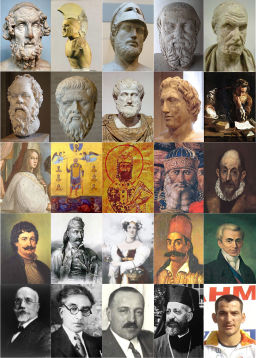


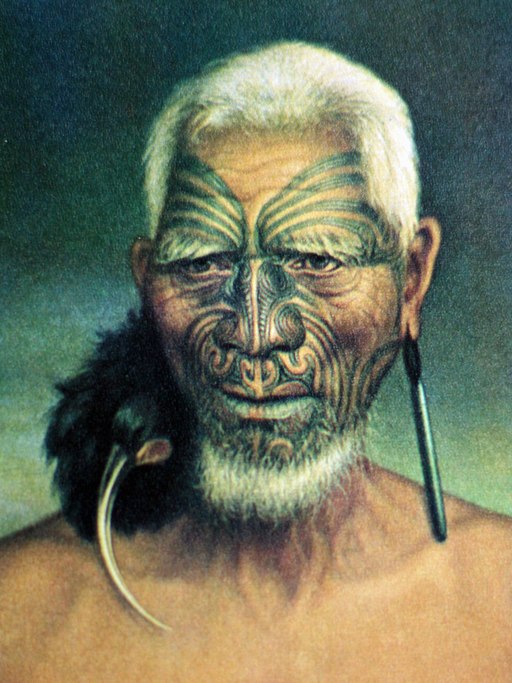
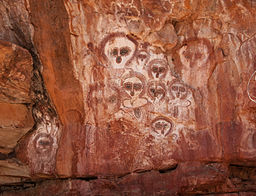
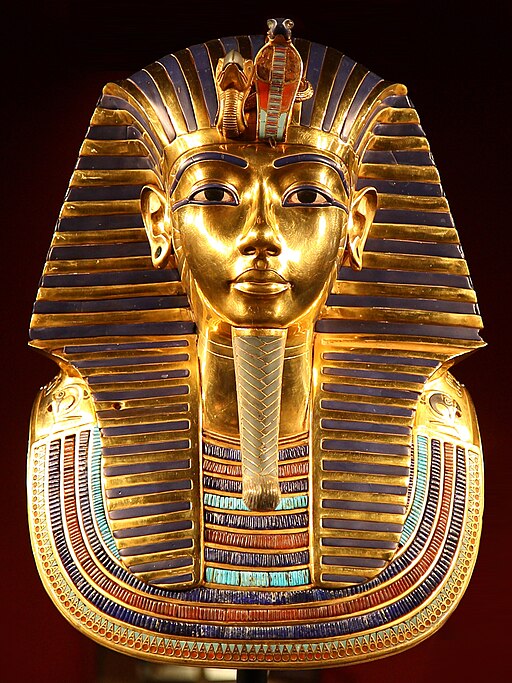


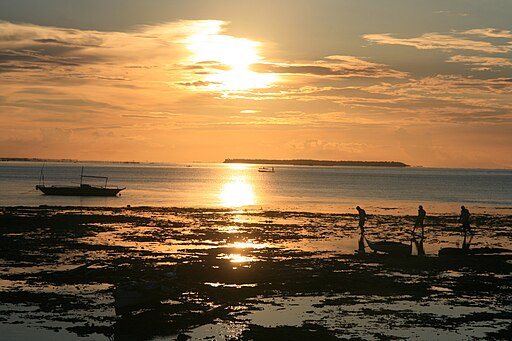 Sponsor your Favorite Page
Sponsor your Favorite Page SEARCH Search for: Search Follow UsJoin – The JOM Membership Program
Sponsor a Masterpiece with YOUR NAME CHOICE for $5
Share this:
- Tweet
